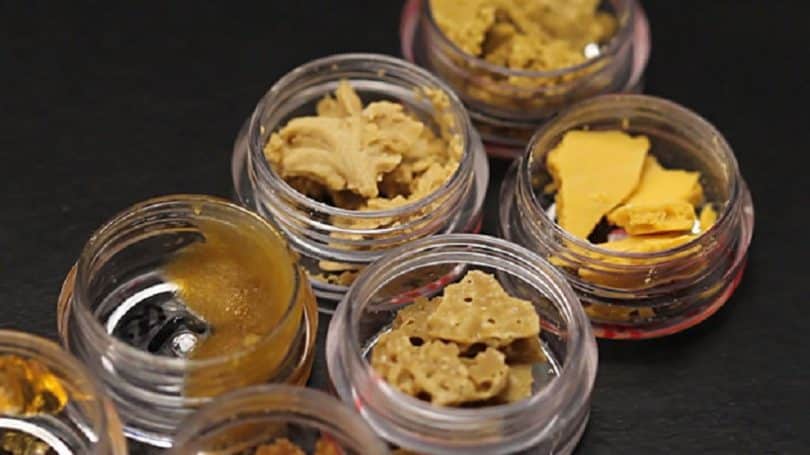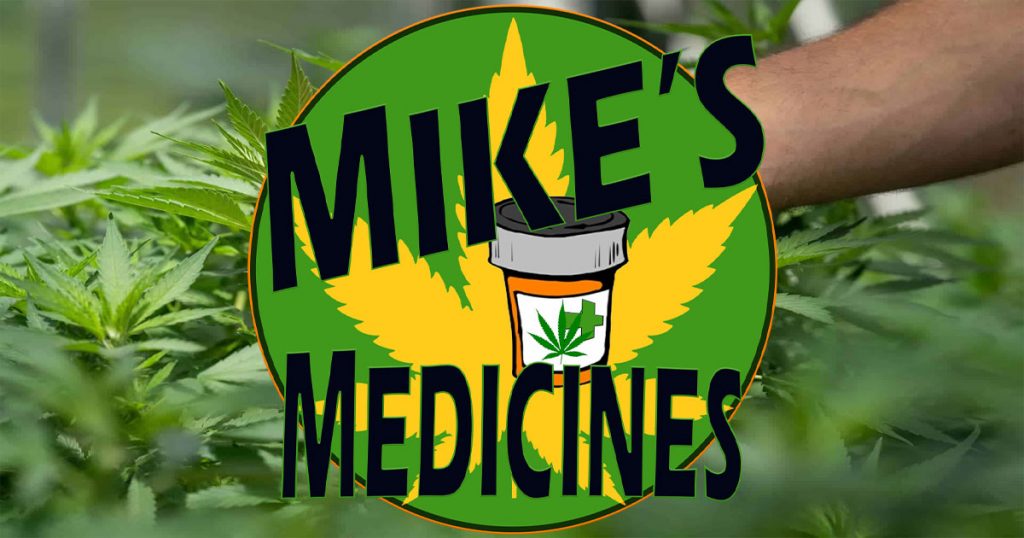Let's end the debate. Yes, Cannabinoids are in all vertebrate mothers breast milk (especially human):
There are two main types of identified cannabinoid receptors in the body are the CB1, which for the most part exists in our brain and central nervous system, and CB2, which for the most part exists in the immune system and throughout the rest of the body. Many theorize in a study that receptors are, as well, located within every cell of our body. Each one of these receptors responds to cannabinoids, whether it is from human breast milk in children, or from juiced, smoked, vaped, or ingested cannabis in adults.
The human body was literally built for cannabinoids, as they play a critical role in protecting cells against disease, boosting immune function, protecting the brain and nervous system, and relieving pain and inflammation, among other very helpful health concerns that are addressed with the use of external cannabinoid, from the plant they are phytocannabinoids, Phyto meaning from or of a plant. Endocannabinoids are internal and are existence from our conception – but their importance of them is often minimized due to the stigma put on the plant in modern times. As the population at large learns more about cannabis and its extracts, more are yearning for information about how the body processes them.

As reported by the Hemp Chronicle, recent research suggests that the endogenous cannabinoids (“endocannabinoids”) and their cannabinoid receptors have a major influence during pre-and postnatal development.
First, high levels of the endocannabinoid anandamide and cannabinoid receptors are present in the preimplantation embryo and in the uterus, while a temporary reduction of anandamide levels is essential for embryonal implantation.
In women accordingly, an inverse association has been reported between fatty acid amide hydrolase (the anandamide degrading enzyme) in human lymphocytes and miscarriage.
Second, CB1 receptors display a transient presence in white matter areas of the pre-and postnatal nervous system, suggesting a role for CB1 receptors in brain development.
Third, endocannabinoids have been detected in maternal milk and activation of CB1 receptors appears to be critical for milk sucking by newborn mice, apparently activating oral-motor musculature.
Fourth, anandamide has neuroprotectant properties in the developing postnatal brain.
Finally, prenatal exposure to the active constituent of cannabis (Δ9-tetrahydrocannabinol) or to anandamide affects prefrontal cortical functions, memory, and motor and addictive behaviors, suggesting a role for the endocannabinoid CB1 receptor system in the brain structures which control these functions.
Further observations suggest that children may be less prone to psychoactive side effects of Δ9-tetrahydrocannabinol (THC) or endocannabinoids than adults. The medical implications of these novel developments are far-reaching and suggest a promising future for cannabinoids in pediatric medicine for conditions including “non-organic failure-to-thrive”, MS, CP, Epilepsy, Cancers, Cystic fibrosis, and so much more.
-Mike Robinson, Cannabis Patient and Founder, Global Cannabinoid Research Center. But, most of all, Genevieve’s Daddy
Sign up to receive informative and exciting email updates from Mike's Medicines!
You can sign up for our mail list here:
Didn't find what you are looking for?
Find exactly what you want to when you want it.
Browse through our archives by date, category or by entering a topic in the provided search field.
Archives
Categories
More to come as we have time to add them – there’s 100’s of additional publications!

We’ve made it easy for you to read Mike’s Medicine Blog or visit any of the Menu items right from here. It is that simple! Explore Mikes Medicines by clicking on the button below:

Read about how Cannabis Compassion and love created Mike’s beautiful family, the Cannabis Love Story inspires millions daily:
Genevieve’s Dream is all about her love for the Carousel coupled with her Cannabinoid Medicine journey – read more and make contact if you’re interested in collaborating with Mike!
The Global Cannabinoid Research Center is a trusted source for education, R&D, and more – make contact with us to collaborate.






